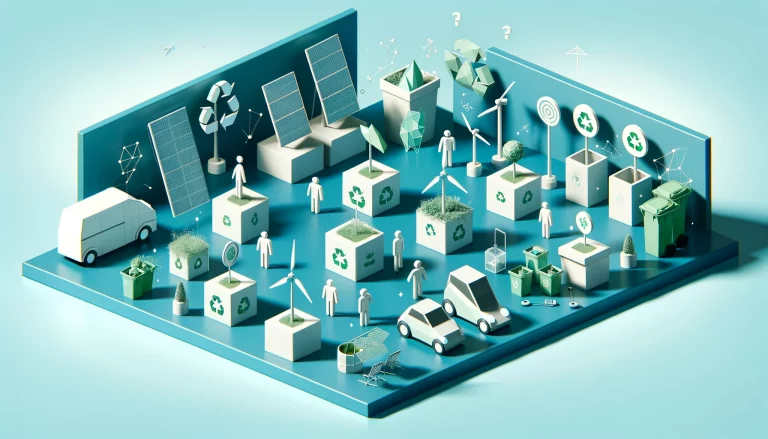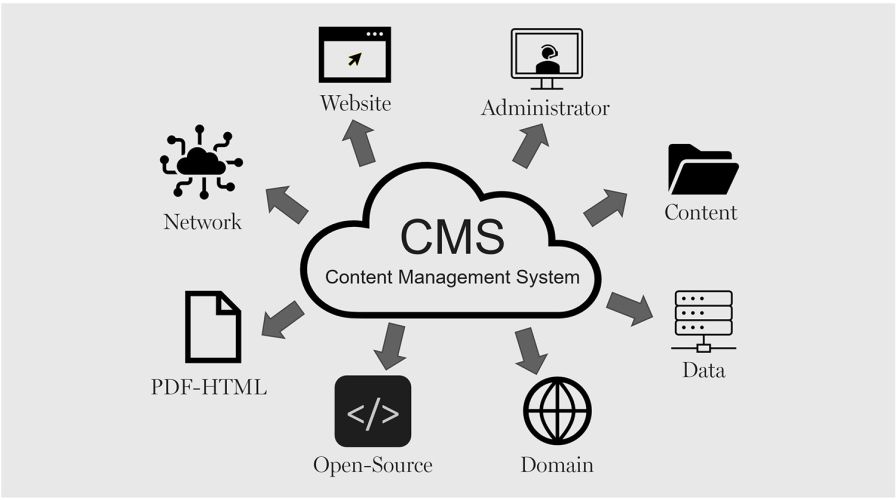
Sustainability is no longer a niche concern. As consumer consciousness around environmental impact continues to rise, more brands are embracing eco-friendly practices, not just in how they produce goods, but in how they communicate with their audience.
In today’s business world, sustainability is more than just a buzzword; it’s a commitment. Consumers are increasingly seeking out brands that prioritize environmental and social responsibility. Sustainable marketing is about more than green packaging or carbon-neutral initiatives—it’s a holistic approach to fostering long-term change while delivering value to customers.
For businesses aiming to stay competitive and relevant, embracing sustainable practices in marketing is not only the ethical choice, but it’s also a strategic advantage. In this guide, we’ll explore the top 10 sustainable marketing examples and how these brands are making an impact on the planet while driving their businesses forward.
1. Patagonia: Environmental Activism as Core Business
Patagonia has long been at the forefront of sustainable business practices. Known for its “Don’t Buy This Jacket” campaign, the outdoor clothing brand encourages customers to buy less and make more mindful purchasing decisions. The company actively promotes environmental preservation and uses its marketing as a platform for activism.
Key Takeaways:
- Patagonia uses recycled materials for its products.
- They donate 1% of profits to environmental causes.
- Their marketing doesn’t just sell products—it inspires activism.
2. Unilever: Comprehensive Sustainability Strategy
Unilever, the parent company behind brands like Dove, Ben & Jerry’s, and Hellmann’s, has integrated sustainability into its entire business model. Through its “Unilever Sustainable Living Plan,” the company aims to decouple growth from environmental impact. Unilever’s marketing highlights the importance of social and environmental responsibility across its various product lines.
Key Takeaways:
- Unilever has committed to halving its environmental footprint by 2030.
- The company focuses on sustainability in both production and product lifecycle.
- They market themselves as a brand that aligns profit with purpose.
3. Tesla: Revolutionizing Transportation for a Greener Future
Tesla doesn’t just market its electric vehicles—it markets an entire vision for a sustainable future. Tesla’s marketing focuses on its zero-emission vehicles and the company’s mission to accelerate the world’s transition to sustainable energy. With a combination of cutting-edge technology and eco-conscious messaging, Tesla has successfully positioned itself as a leader in the renewable energy sector.
Key Takeaways:
- Tesla’s marketing revolves around innovation and sustainability.
- The company actively promotes the use of clean energy through solar panels and energy storage solutions.
- Tesla uses direct marketing and viral word-of-mouth campaigns to reach its audience.
4. The Body Shop: Pioneering Ethical Beauty
The Body Shop is known for its strong stance on ethical beauty, including cruelty-free products and a focus on natural ingredients. The company has been a pioneer in sustainable beauty, promoting eco-consciousness in its marketing by encouraging responsible consumption and supporting various social causes.
Key Takeaways:
- The Body Shop is committed to 100% recyclable packaging.
- The company partners with local farmers for sustainably sourced ingredients.
- Their marketing campaigns focus on empowering communities and protecting the environment.
5. IKEA: Making Sustainable Living Easy and Affordable
IKEA has made sustainability a core part of its brand identity. Through its “People & Planet Positive” strategy, IKEA aims to make sustainable living affordable and accessible for everyone. IKEA’s marketing emphasizes the practicality of sustainable products and home solutions, positioning the company as a leader in eco-friendly furniture and household goods.
Key Takeaways:
- IKEA’s goal is to use only renewable or recycled materials by 2030.
- They focus on energy-efficient production processes.
- Their marketing showcases eco-friendly living solutions that are both stylish and affordable.
6. Seventh Generation: Championing Green Cleaning
Seventh Generation markets its products as the sustainable alternative to traditional household cleaners. With a strong focus on natural ingredients and eco-friendly packaging, the brand’s marketing messaging revolves around creating a healthy and sustainable future for the next seven generations.
Key Takeaways:
- The company prioritizes biodegradable packaging.
- Seventh Generation’s products are free from harsh chemicals.
- Their marketing focuses on transparency and environmental stewardship.
7. Nike: Sustainability in Performance Apparel
Nike has taken big strides toward sustainability with its “Move to Zero” initiative, aimed at achieving zero carbon and zero waste. Nike’s marketing focuses on eco-friendly materials and manufacturing processes, while still maintaining the high-performance quality the brand is known for.
Key Takeaways:
- Nike uses recycled polyester and organic cotton in many of its products.
- The company promotes energy-efficient production.
- Their marketing emphasizes sustainability without sacrificing performance.
8. LEGO: Building a Greener Tomorrow
LEGO’s commitment to sustainability is reflected in its marketing campaigns, which highlight its shift towards renewable energy and eco-friendly materials. LEGO aims to produce all core products and packaging from sustainable materials by 2030.
Key Takeaways:
- LEGO has invested in sustainable manufacturing processes.
- The company’s marketing highlights its investment in renewable energy.
- LEGO’s partnership with the World Wildlife Fund (WWF) promotes environmental conservation.
9. Allbirds: Sustainable Footwear Revolution
Allbirds has built its entire brand on sustainability. Using materials like wool and eucalyptus tree fiber, Allbirds markets itself as the eco-friendly choice for everyday footwear. Their marketing highlights both the environmental and comfort benefits of their products, resonating with eco-conscious consumers.
Key Takeaways:
- Allbirds uses sustainable, natural materials in its shoes.
- The company has a strong focus on carbon-neutral production.
- Their marketing strategy focuses on simplicity, transparency, and sustainability.
10. Lush: Handmade, Ethical, and Environmentally Friendly
Lush is a global beauty brand that markets its products as cruelty-free and handmade with natural ingredients. The company’s sustainability efforts extend to eliminating plastic packaging through its “Naked” products. Lush’s marketing is rooted in activism, often promoting social and environmental causes alongside its products.
Key Takeaways:
- Lush markets itself as a leader in plastic-free packaging.
- The company is committed to ethical sourcing and cruelty-free testing.
- Their marketing actively supports various social justice initiatives.
Conclusion
Sustainable marketing is about much more than reducing carbon footprints or promoting eco-friendly products. It’s about aligning your brand with values that resonate with modern consumers—transparency, responsibility, and long-term impact. The brands listed above demonstrate that sustainability and profitability can go hand in hand. By incorporating eco-conscious practices into your marketing strategy, you can not only improve your brand’s reputation but also drive long-term business growth.




